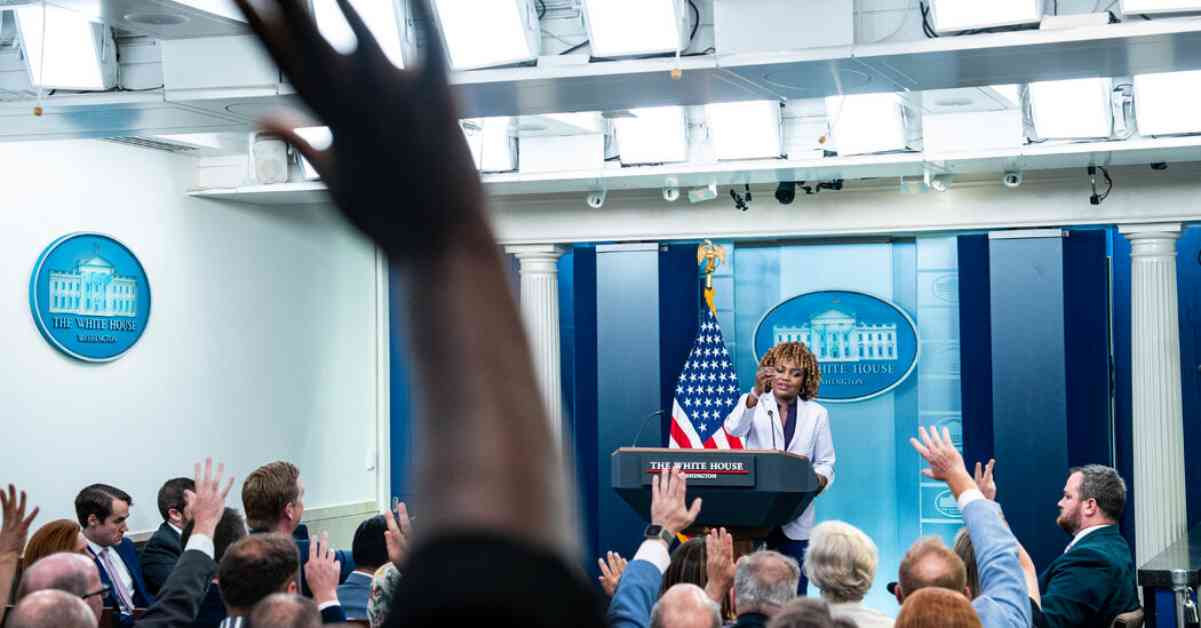The White House briefing room erupted into chaos as press secretary Karine Jean-Pierre avoided answering questions regarding President Biden’s health and the frequent visits of a neurologist from Walter Reed National Military Medical Center. Dr. Kevin Cannard, a specialist in movement disorders, visited the White House multiple times within a short period, raising concerns among reporters.
Despite the release of official visitor logs detailing Dr. Cannard’s visits, Jean-Pierre remained tight-lipped during the daily briefing. She refused to address the neurologist or his purpose for being at the White House, citing vague “security reasons” and emphasizing the doctor’s right to privacy. This evasive response only fueled suspicions and accusations of withholding essential information about the president’s well-being.
The White House physician, Dr. Kevin O’Connor, later issued a statement confirming that President Biden had only seen a neurologist during his annual physical examination. However, this did little to quell the mounting skepticism and demands for transparency from both the press and the public.
Reporters, including Ed O’Keefe from CBS News, expressed frustration at the lack of direct answers from Jean-Pierre, highlighting the administration’s apparent reluctance to address concerns about Biden’s physical and mental health openly. The growing scrutiny surrounding the president’s condition has put additional pressure on the White House to provide more clarity and reassurance to the American people.
As the controversy unfolds, it becomes increasingly crucial for the administration to address these questions openly and transparently to alleviate doubts and uphold trust in the president’s ability to lead effectively. The public’s right to know about the health of their elected officials must be balanced with respect for privacy and security concerns, but finding that balance is essential to maintaining accountability and credibility in government institutions.




